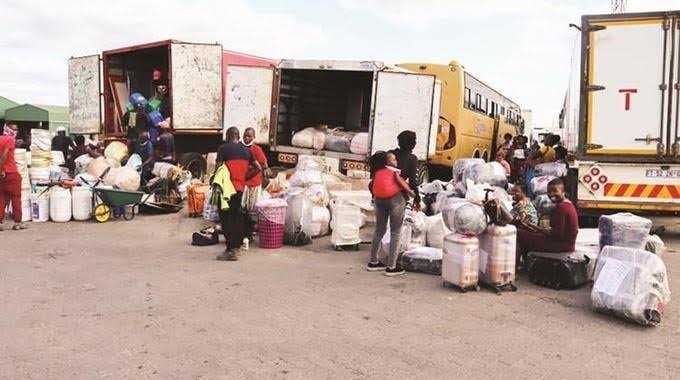
Bus operators in Zimbabwe have raised alarm over what they describe as harassment by law enforcement agencies, accusing authorities of penalising them for offences committed by passengers.
They have appealed for the removal of what they call illegal inland border posts allegedly set up by the Zimbabwe Revenue Authority.
Through a letter addressed to the ZIMRA Commissioner-General and copied to the Police Commissioner-General, the Ministry of Finance and the President’s Office, the Zimbabwe Passengers Transporters Organisation, represented by lawyer Admire Rubaya, argues that operators are being forced to pay a US$5,000 fine to recover their buses whenever a passenger is found with undeclared goods.
They say this is unjust, especially since impounded buses are taken to Bak Storage, which they claim refuses payment in local currency.
According to the operators, their responsibility is limited to transporting passengers after those passengers and their goods have been cleared by border authorities. If members of a bus crew are complicit in smuggling, they argue, then those individuals should be arrested, not the operators.
They maintain that buses pass through official ZIMRA border clearance points, yet officials continue to set up inland border posts where buses are again inspected and often impounded over alleged undeclared goods.
The operators further argue that the clearance of goods is the duty of ZIMRA officers at official border posts, and that these officers face no consequences if undeclared goods are later discovered inland.
They contend that law enforcement must focus on culpable crew members rather than punishing bus owners with hefty fines.
They also warn that these inland border checkpoints are facilitating corruption and undermining the government’s drive to improve the ease of doing business.
The organisation stated: “The buses only reload the passengers and the cargo after the ZIMRA Official responsible has been satisfied that all the goods belonging to the passengers and the crew have been accounted for and declared, as well as that all the passengers have been subjected to immigration processes.”
The letter also reads: “In reality, as a matter of both fact and law, the transporters do not have control over the clearance processes which occur at the official border posts, for most, if not all, of them will not be at the border and are not the ones conducting the clearance.
“The clearance of all the cross-border passengers and their goods is conducted by ZIMRA Officials. It is common cause that at the border, there will also be other law enforcement agents who are deployed at the border for purposes of conducting checks and balances in a bid to fight smuggling.”
The operators say the presence of numerous inland border posts just kilometres from official entry points undermines efficiency and portrays a lack of trust in border officers.
“It is unfortunate that you have created inland border posts along all major roads which lead to major cities around the country from the respective border posts. What boggles the mind is why you are installing unofficial inland border posts to do exactly that which would have been done by other ZIMRA officials at the official port of entry or border post.
“This creates a perplexing allegory of a gatekeeper who, after meticulously checking a passport at the gate, is followed by another who demands to see it again a mile down the road, suggesting a fundamental breakdown in trust and process.
Related Stories
“Why don't your officers conduct thorough checks at the official border posts rather than create undeclared inland border posts where passengers and bus crews are harassed by members of various law enforcement agents which include among others members of ZACC, ZRP, CID and ZIMRA to name just but a few," the operators stated.
They argue that this practice infringes on the constitutional right to freedom of movement and feeds public sentiment that such measures resemble colonial-era control systems.
“We know your aims are for stability and security, but we are certain you can find a better way to achieve them; one that does not carry this negative perception and that aligns with our shared commitment to progress and liberty as we pursue the shared aspiration of attaining an upper middle class economy by 2030," they noted.
The operators further complain that while buses are punished, passengers with undeclared goods are allowed to go free, and the officials who cleared the goods at the border face no scrutiny.
The letter continues: “It is unfortunate that if there is anything wrong with the clearance of goods, none of the ZIMRA officials that would have cleared the goods at the border are taken to task, including those from other law enforcement agents that would have left the bus to leave the border.
“The ZIMRA officials, in a move that suggests a coordinated revenue-generating scheme rather than a legitimate law enforcement operation, simply proceed to impound and/or seize the bus whenever it is discovered that the goods that belong to the passengers would not have been properly cleared.
“Once the bus is impounded, the passengers who would have been found with the improperly cleared goods are then left to go to their places of residence without any charge whatsoever. The bus operators are then ordered to pay US$5,000 as a penalty if they want their buses to be released.
“This US$5,000 penalty is unjustified because the bus operators have no obligation to police the ZIMRA Officials as they conduct clearance processes regards the various passengers' goods. There is no obligation at law that the bus operators have to make sure that every passenger is in possession of properly cleared goods before the bus leaves the border post.”
Rubaya noted that in the aviation sector, aircraft are never impounded because a passenger had illegal or improperly cleared goods, questioning why bus operators are treated differently.
“It is baffling as to why bus operators are being ill-treated in this manner. No one has ever heard of an aircraft which was impounded because, at one point it was either carrying a passenger who had drugs or who had goods that were not properly cleared at the port of entry. Why is the law being selectively applied in this manner?”
The operators insisted that they earn no benefit when passengers fail to pay duty and should not be penalised for wrongdoing they neither participate in nor control. They reiterated that if bus crews engage in smuggling, law enforcement should deal with those individuals — not seize buses.
Their letter further argues:
“In all this, the million-dollar question is, where does the bus operator become involved in this, given that the owner of the goods will be the passenger, not the bus operator? Why punish the bus operator as if he/she is the one who is obliged to search passengers as they board the bus after going through the clearance processes at the official border post?
“In the event that the bus crews were involved in any smuggling syndicates, the law enforcement agents ought to deal with the responsible bus crews, not to penalise the bus operators through impounding the buses and penalising them to pay US$5,000, which cannot even be raised with one trip to and from any of the international trips. This is akin to seizing the farm because a single hired hand is accused of poaching, a disproportionate and destructive collective punishment.”
The bus operators warn that the inland border operations are fostering corruption, as some enforcement teams allegedly solicit bribes from crews and passengers.
“The operation that has been launched along all the major roads has sometimes resulted in corrupt activities benefiting those who make up the enforcement teams who times without a number have been soliciting for bribes from bus crews and passengers caught on the wrong side of the law.
Instead of being the solution to the smuggling problem, the inland border posts manned by the members of the law enforcement agents have created more problems for passengers, bus crews and bus operators.”











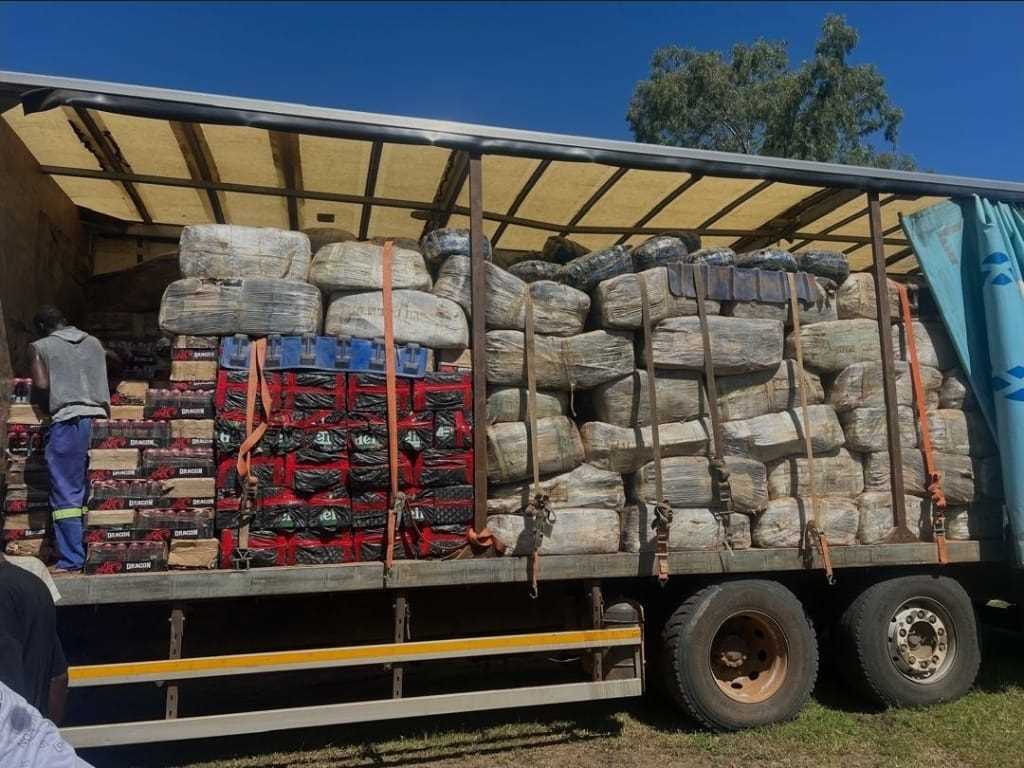
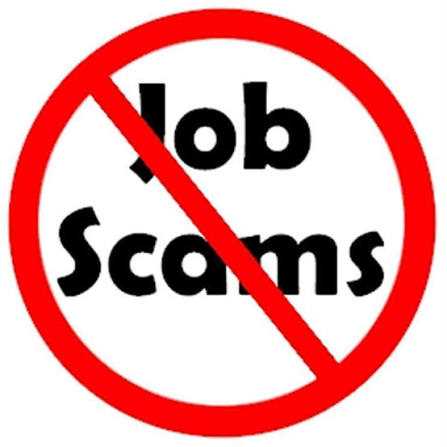

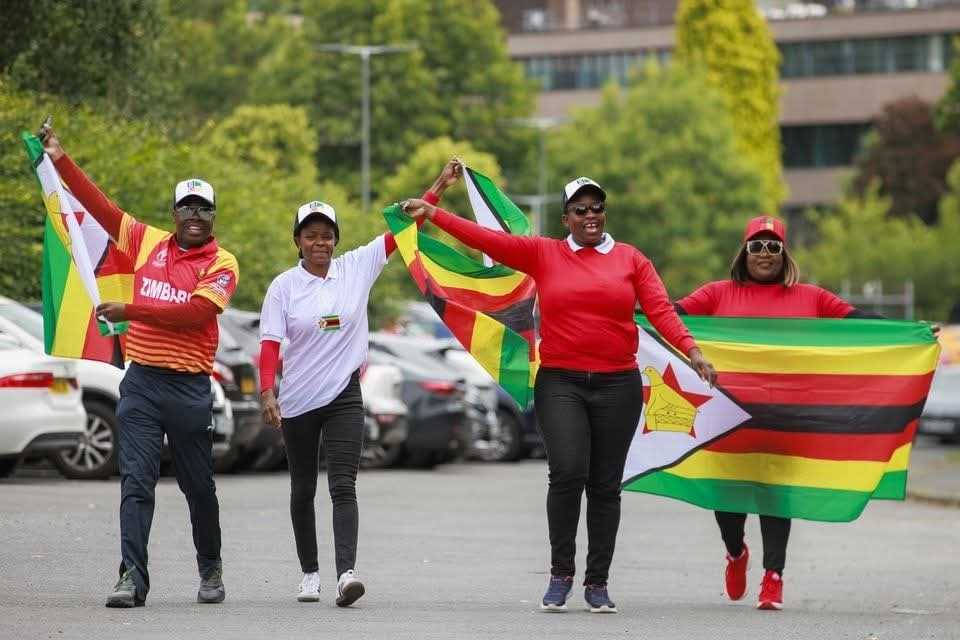

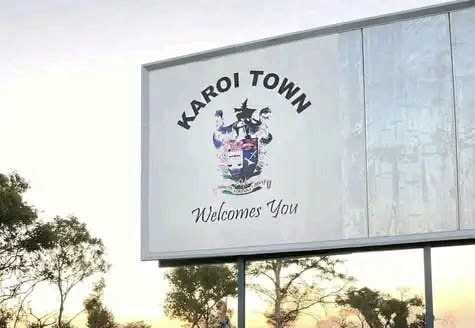
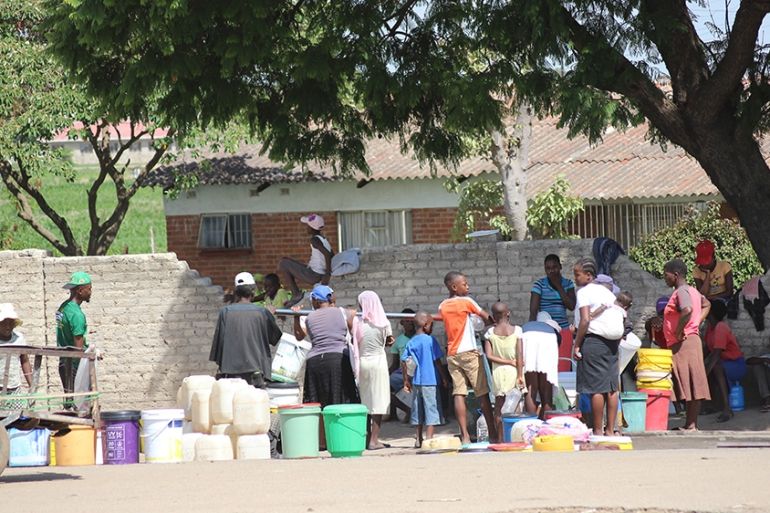


Leave Comments